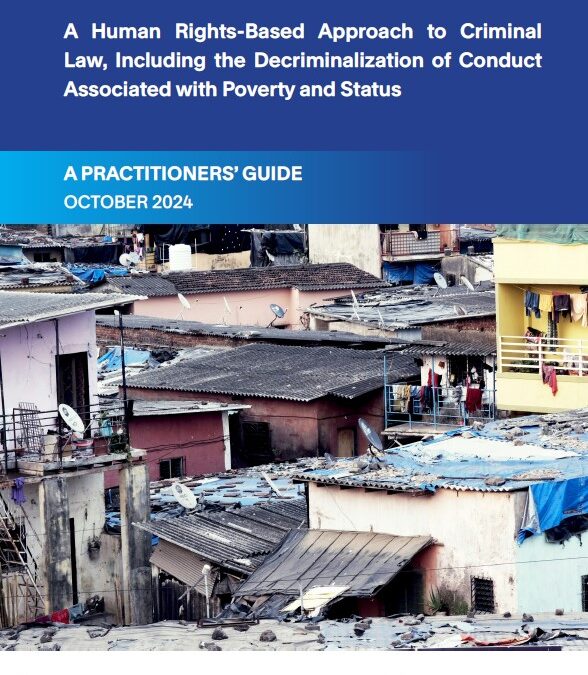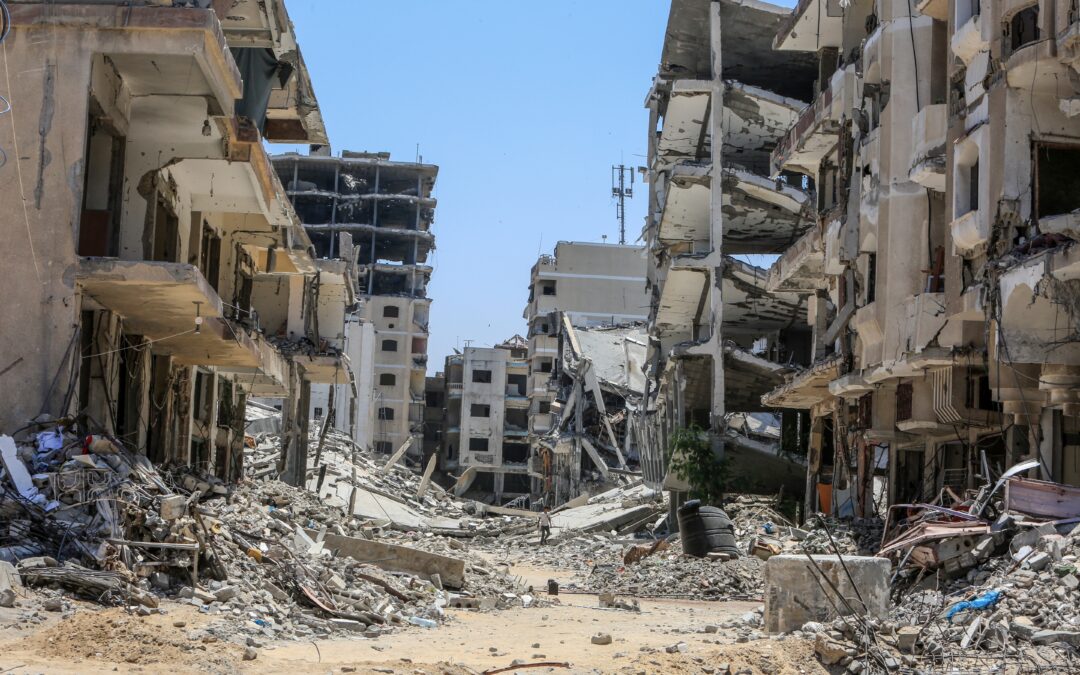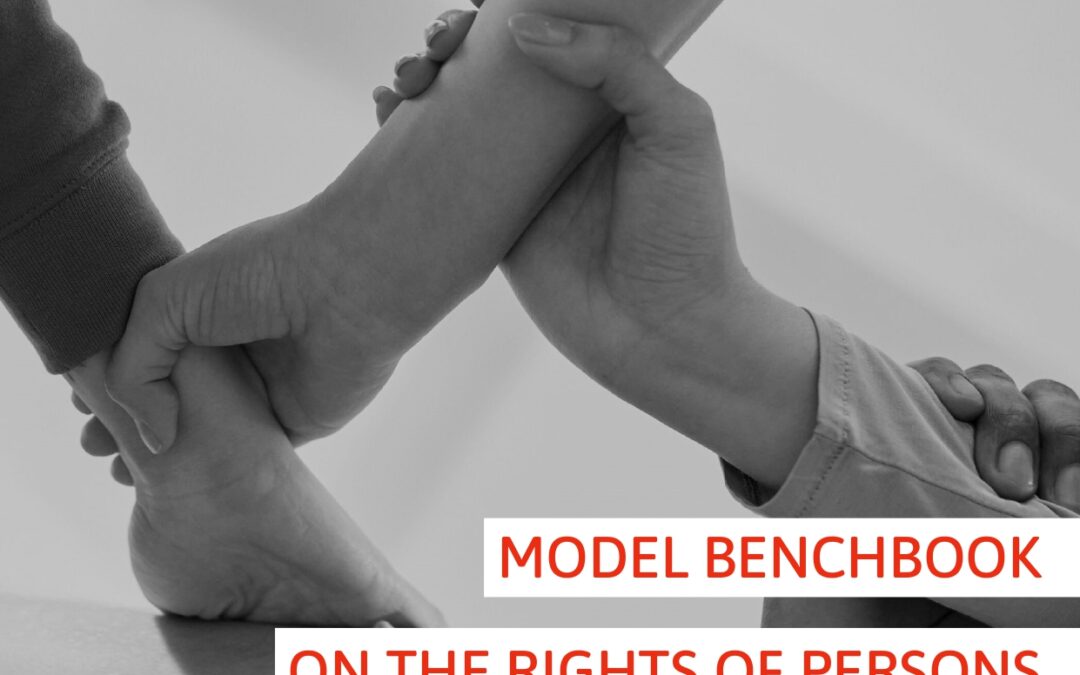


Palestine/Israel: One Year On, Accountability for War Crimes and Protection of Civilians Needed More than Ever
International law – including, chiefly, international humanitarian law – must be the compass for all warring parties and all States to end ongoing atrocities, secure a lasting ceasefire and ensure accountability for serious crimes under international law, the...
Montenegro: ICJ report call for comprehensive judicial reforms
The International Commission of Jurists (ICJ) published today a report on the judicial system in Montenegro, summarizing its findings and presenting specific recommendations for reform.

Montenegro: ICJ report call for comprehensive judicial reforms
The International Commission of Jurists (ICJ) published today a report on the judicial system in Montenegro, summarizing its findings and presenting specific recommendations for reform. In April 2024, the ICJ conducted a mission to Montenegro to assess the...
EU: The Model Bench Book on rights of persons with disabilities published today
The International Commission of Jurists (ICJ) and Validity have published the Model Disability Bench Book on the rights of persons with disabilities who are defendants in criminal proceedings. The Bench Book provides guidance to justice actors and State authorities on how to better ensure the protection of persons with disabilities’ rights in the context of criminal proceedings.




